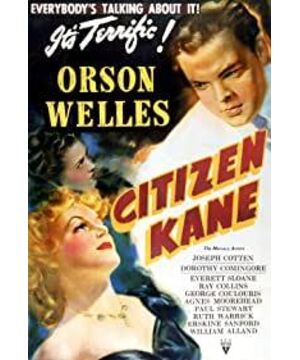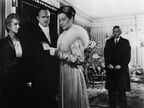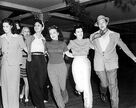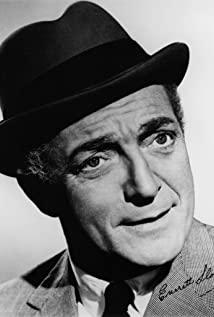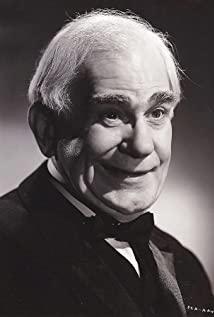① "Citizen Kane" was released on September 5, 1941, and ranked first in many film selections, such as AFI (American Film Institute) Top 100 in 100 Years, and Top Ten in "Video and Audio" (2002).
2. "Citizen Kane" was nominated for seven times at the 14th Academy Awards, and finally won the Best Original Screenplay Award. But the film actually had a bleak box office, with a production cost of 680,000 US dollars, plus the subsequent rebroadcast, the cumulative box office was only close to 1.6 million US dollars.
3. "Citizen Kane" is not so much the first film in film history as it is a "milestone" and "textbook" film. Many of the techniques it uses have a profound impact on later works.
4. Deep focus lens-"Citizen Kane" is the first film to use deep focus (also known as deep focus) extensively. With a deep focus lens, the foreground, middle and long distances are all in focus, and the entire picture is very clear and contains a lot of information.
Corresponding to it is a shallow focus lens, the focus is very shallow. Many of the lenses we see in the movie have only one clear lens, and the background behind is all blurred, which makes it easy to highlight the subject. 5. Upside-down shots-in order to highlight the tall image of Kane's "failed giant", many extremely low upside-down shots are used in the film. Some shots even dug a hole in the ground before putting the camera in to shoot.
6. Expressionist lighting-the film deliberately uses the brightness of the lighting to express the status of the character, as well as the relationship between the character and other characters or the environment.
For example, when Kane was young and heyday, the lights were bright, and when he was old, the lights were getting dimmer and high-contrast lights to suggest his decadence, as well as his complex character of integrity and depravity.
7. Sound montage-"Citizen Kane" created sound montage in that era of technological limitations. For example, when the camera was raised on the stage, the sound gradually became smaller. And the sound is not just a dubbing of the picture, but independent of the existence of the picture, and even takes the lead to advance the narrative.
8. The scene of Kane's speech is actually a static picture, in order to create the effect of crowd movement. The crew pierced many small holes in the paper with brooches, and then used moving lights to illuminate the photos through the production.
9. During the filming, Osun Wells had to work 16-18 hours a day. In order to shoot the elderly Kane in the later stage, Orson Wells needed to start makeup at 2:30 in the morning, and did not finish the makeup until the morning, and the shooting started at 9 o'clock.
10. Non-linear narrative is not the creation of "Citizen Kane", but it makes the first use of this narrative extraordinary. There is a subtle connection between each narrative, allowing the audience to gradually recognize the role of Kane as if peeling an onion.
He is a giant, a phantom, under this phantom, he is just an innocent little boy who longs for childhood and longs for maternal love.
Text/Goddess' Long Pants
The WeChat group "Film Information Bureau" continues to call you, the latest movie information, resources, guessing games, free movies and Rensen, group watching movies, come together.
If there are too many people to scan the code, please add Qiuku WeChat moviekit to pull you into the group. Remember to enter the group secret code: "Why did we fall?"
You can miss people who love you, but don't miss people who love movies like you.
View more about Citizen Kane reviews


